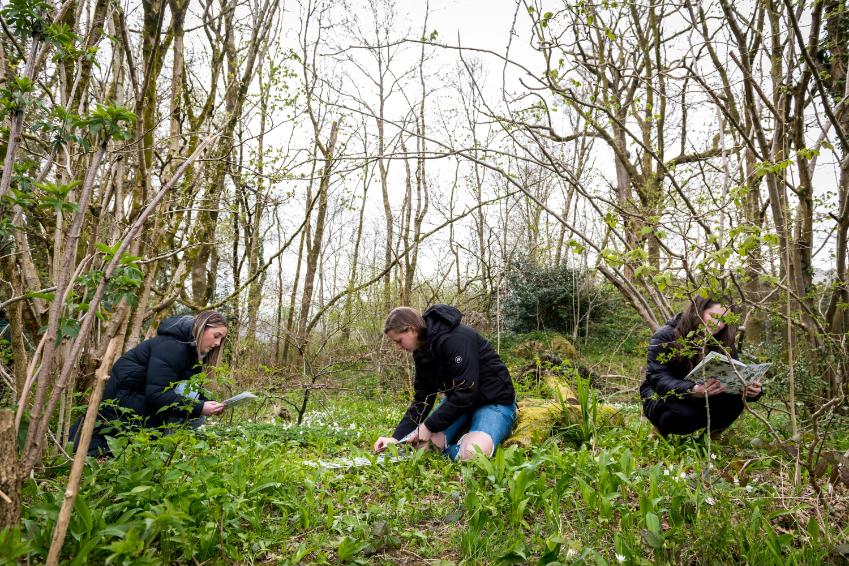MSc - Conservation Management
Our new MSc Conservation Management programme meets the growing demands for professional conservation scientists to address global environmental challenges such as climate change and biodiversity loss. Your learning will be based in the heart of the Lake District National Park (UNESCO World Heritage Site), providing a unique environmental and cultural context to view current and future challenges, as well as direct access to a rich diversity of habitats, including lakes, rivers, uplands and temperate rainforest. Individual modules focus on state-of-the-art approaches and perspectives across different elements of conservation, including the latest digital technologies, e.g. remote biodiversity monitoring methods, and close partnerships with conservation employers in the region.
MSc graduates will complete the programme with the appropriate specialist knowledge, understanding and skills needed for professional practice within the sector - locally, nationally, and internationally. The expertise gained in applied conservation, ecological research, and management skills, will make them well-suited for roles in conservation, academia, government, NGOs, and private sectors.

Course Overview
Earth is currently experiencing multiple unsustainable, anthropogenic demands that are causing extreme pressures on global processes and resources and are negatively impacting our ecosystems. Biodiversity is declining faster now than at any time in human history.
Effective conservation management needs suitably qualified staff to lead and manage projects, as well as to research and report on the impacts of interventions. Entering the Anthropocene places an even greater demand for conservation managers to possess up-to-date knowledge and understanding on current biological priorities whilst being able to effectively implement and manage conservation actions. This MSc programme provides you with the essential knowledge, skills and competencies that are required for a modern-day conservation leader/manager to perform at the highest level.
On this course you will...
- Gain Specialist Skills in Conservation Management: Experience in cutting-edge practical and analytical techniques will prepare you for a successful career in conservation science.
- Develop Robust Critical Thinking: Critical evaluation of evidence and case studies from diverse ecological and social perspectives will support an adaptive mindset for effective planning, implementation, management and communication of conservation projects.
- Benefit from a Personalised Learning Experience: The MSc is delivered in an intimate setting, where knowledgeable tutors provide personalised support and mentorship.
- Focus on Your Specific Interests: You are encouraged to explore your specific interests in areas such as conservation governance, landscape ecology, and natural resource management.
- Experience Conservation Management in Practice: In addition to opportunities provided by our unique setting within the Lake District National Park and close existing relationships with local conservation partners, you will also gain exposure to real-world conservation skills in a different environmental and socio-cultural context through our international field trip.
Location
Ambleside Campus
Nestled in the Lake District National Park, a UNESCO World Heritage site, the Ambleside campus is the perfect place for world-savers, animal lovers, and adventurers. There is never a dull moment when surrounded by such natural beauty and opportunity.
Find out more
Find out more about studying with us
Attend an Open Day at Cumbria
An Open Day is your opportunity to explore one of 5 campuses, meet your lecturers, and find out how the University of Cumbria could become your new home.





